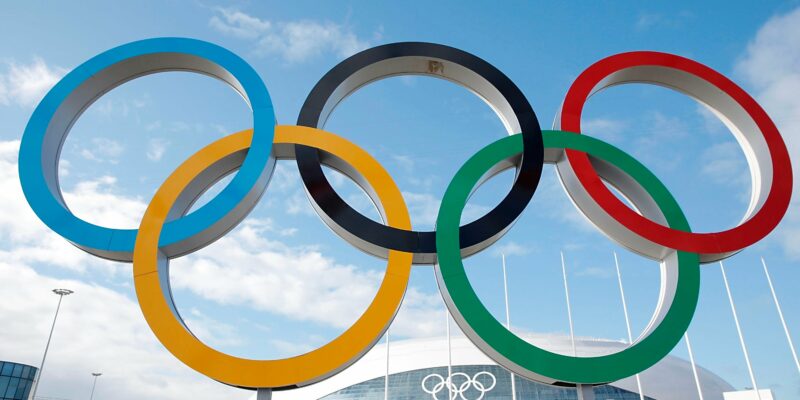
The Olympic Games are an international sports festival held every four years, with the Summer and Winter Games alternating by occurring every four years but two years apart. The Olympic Games are considered the world’s foremost sports competition with more than 200 nations participating. The first modern Olympic Games were held in Athens, Greece, in 1896. The ancient Olympic Games were held in Olympia, Greece, from the 8th century BC to the 4th century AD.
The modern Olympic Games are governed by the International Olympic Committee (IOC), which was founded in 1894 by Pierre de Coubertin. The IOC is responsible for selecting the host city for each Olympic Games, as well as overseeing the preparations for and running of the Games.
The Olympic Games consist of a variety of sports, including athletics, swimming, gymnastics, wrestling, boxing, and many more. The number of sports and events has changed over time, but the core of the Games has remained the same.
The Olympic Games are a major sporting event, but they are also much more than that. They are a celebration of human achievement, a symbol of international cooperation, and a force for peace and understanding. The Olympic Games have the power to inspire people all over the world, and they have a lasting impact on the host city and the athletes who participate.
Here is a more detailed look at the history, organization, and impact of the Olympic Games:
History of the Olympic Games
The ancient Olympic Games were a religious festival that was held in Olympia, Greece, from the 8th century BC to the 4th century AD. The Games were held in honor of Zeus, the king of the gods, and they were a major cultural event in ancient Greece.
The ancient Olympic Games were open to all free male citizens of Greece. The Games consisted of a variety of sports, including athletics, wrestling, boxing, and chariot racing. The Games were a major source of national pride, and they were a time for athletes to show off their skills and to compete for glory.
The ancient Olympic Games were discontinued in the 4th century AD. The reasons for their decline are not entirely clear, but they may have been due to a number of factors, including the rise of Christianity, the decline of the Greek city-states, and the Roman Empire’s conquest of Greece.
The modern Olympic Games
The modern Olympic Games were revived in 1896 by Pierre de Coubertin, a French educator and historian. Coubertin believed that the Olympic Games could promote international peace and understanding. He also believed that the Games could help to revive the spirit of athleticism and sportsmanship.
The first modern Olympic Games were held in Athens, Greece, in 1896. The Games were a success, and they have been held every four years since then, with the exception of the World Wars.
The modern Olympic Games have grown in size and scope over the years. The first Games featured just 245 athletes from 12 countries. The 2020 Summer Olympics in Tokyo featured more than 11,000 athletes from 206 countries.
The modern Olympic Games have also become more commercialized. The IOC now generates billions of dollars in revenue from television rights, sponsorships, and merchandise sales.
Despite the commercialization of the Games, the Olympic Games remain a symbol of international cooperation and peace. The Games are a time for athletes from all over the world to come together and compete in a spirit of sportsmanship.
The Impact of the Olympic Games
The Olympic Games have had a significant impact on the host city, the athletes, and the world.
The host city of the Olympic Games typically experiences a boom in tourism and economic activity. The Games also provide an opportunity for the host city to showcase its culture and history to the world.
The athletes who compete in the Olympic Games are often national heroes. They receive widespread media attention and public support. The Games can also help to launch the careers of professional athletes.
The Olympic Games have also had a positive impact on the world. They have helped to promote international peace and understanding. The Games have also inspired people all over the world to pursue their dreams.
The Olympic Games are truly a global event. They are a celebration of human achievement, a symbol of international cooperation, and a force for peace and understanding. The Olympic Games have the power to inspire people all over the world, and they have a lasting impact on the host city and the athletes who participate.





